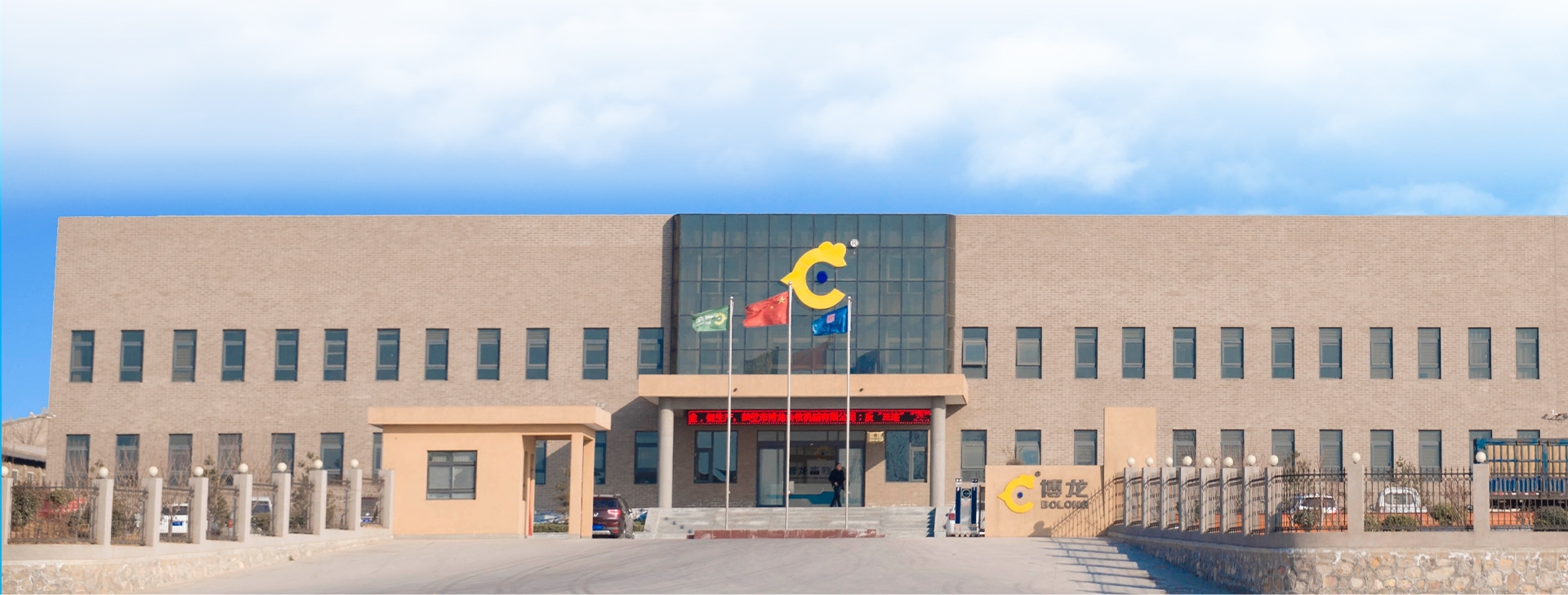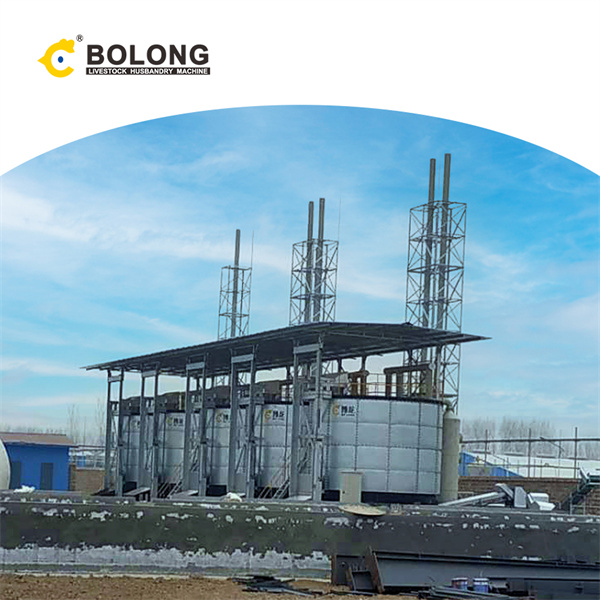Introduction: Poultry farms generate significant quantities of manure, which requires effective management to prevent environmental and health issues. Bolong Fermentation Tanks offer a robust solution for poultry manure management. This article explores the benefits of using Bolong Fermentation Tanks for managing poultry manure.

Efficient Manure Processing: Bolong Fermentation Tanks efficiently process poultry manure, converting it into compost through aerobic fermentation. The tanks handle large volumes of manure, reducing waste and producing valuable organic fertilizer.

Odor Reduction: Poultry manure is known for its strong odor, which can be a nuisance to farm workers and nearby communities. Bolong Fermentation Tanks incorporate advanced odor control systems that capture and neutralize odorous gases, significantly reducing the smell associated with poultry manure.
Pathogen Reduction: Properly managing poultry manure is essential to prevent the spread of pathogens. The high-temperature aerobic fermentation process in Bolong Fermentation Tanks kills harmful pathogens, making the compost safe for use in agriculture.
Nutrient-Rich Compost: The compost produced by Bolong Fermentation Tanks is rich in nutrients essential for plant growth. This nutrient-rich compost can be used to fertilize crops, improving soil fertility and supporting sustainable farming practices.
Case Study: A large poultry farm implemented Bolong Fermentation Tanks to manage its manure. Before using the tanks, the farm faced issues with odor and pathogen control. The tanks efficiently processed the manure, reducing odor and eliminating pathogens. The nutrient-rich compost produced was used to fertilize the farm’s crops, enhancing soil health and crop yields.

Conclusion: Bolong Fermentation Tanks offer significant benefits for poultry manure management, including efficient processing, odor reduction, pathogen control, and the production of nutrient-rich compost. These advantages make them an ideal solution for poultry farms aiming to improve manure management and support sustainable agriculture.